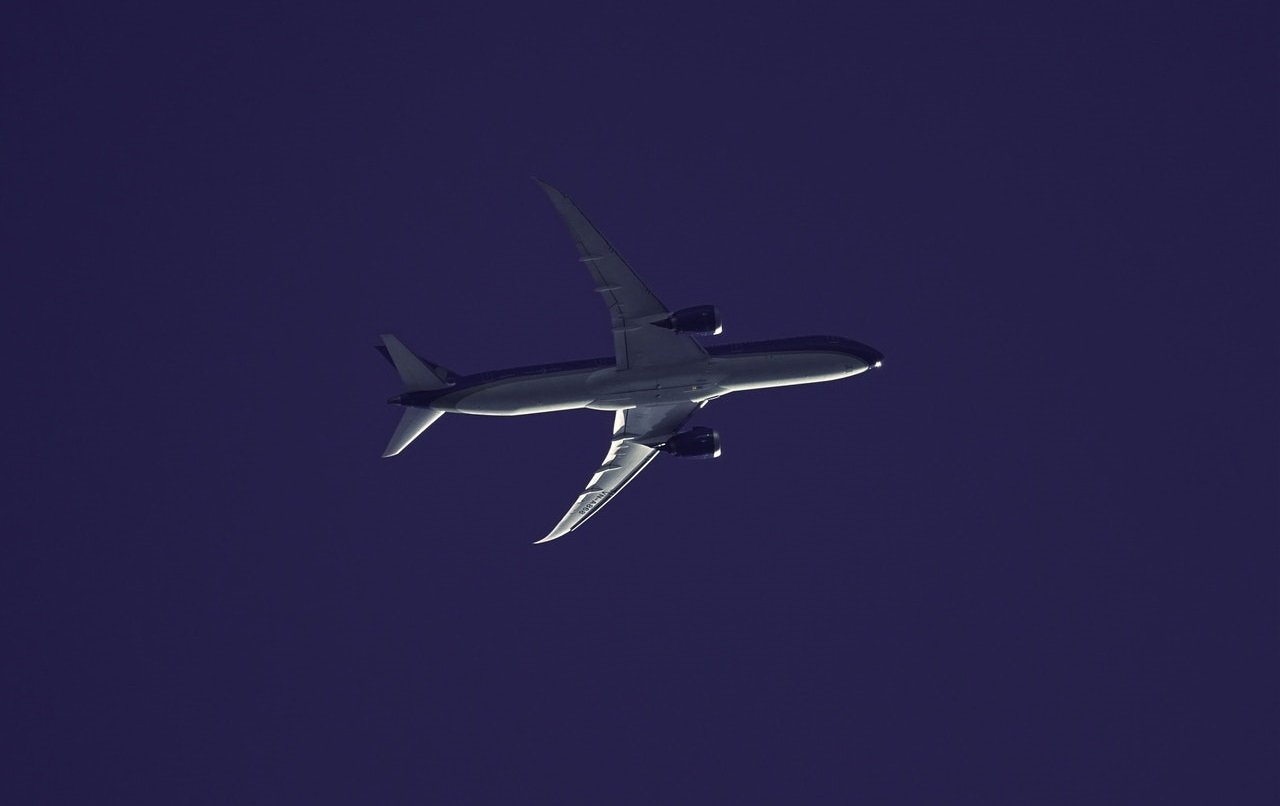2019 for Airline Industry
Airline industry profits will go lower than predicted in 2019 as we are aware that passenger numbers and cargo volumes are in a not-good position by slowing economic growth and wars of global trade, stated the International Air Transport Association.
Feeling awful to mention, that the trading organization lowered its annual earnings estimate to $25.9 billion – $2.1 billion less than predicted in June and nearly $10 billion less than a year ago, in less than a month in 2019.
Awful. Isn’t it?
There are so many reasons those are tightening business conditions like Geopolitical tensions, social unrest and uncertainties surrounding Brexit, according to IATA.
The new number states a decrease of 14% compared to the last year. The group expects to see an improvement in 2020, but there are some major constraints: concern over carbon emissions will lead to tax rebates on aviation fuel and possibly an increase in demand for air travel across parts of Europe and an uncertain return on the grounded Boeing Co 737 Max continues to cloud the view.
“The big question for 2020 is how capacity will develop, particularly when, as expected, the grounded 737 Max aircraft return to service and delayed deliveries arrive,” said IATA chief executive Alexandre de Juniac.
While the slender-body workhorse has been idling after two fatal accidents since March, Boeing was busy producing more. Hundreds of completed aircraft remain in storage while the US manufacturer waits for regulators to allow Max to fly again.
One concern is that a flood of new aircraft will expand airlines’ capacity too quickly, withhold tariffs and reduce the projected increase in profits, which IATA now estimates to be $ 29.3 billion for the coming year.
The Global Blight Movement is another industry challenge as passenger habits change and a potential tax on aviation fuel in Europe jeopardizes the industry’s bottom line.
De Junac reiterated his call for investments in sustainable fuels and other measures to reduce CO2 emissions while keeping the industry’s headlines against taxation. However, he acknowledged that airlines need to be more active in communicating their own steps to the public and governments.
” People are adjusting their personal habits to manage their individual carbon footprints,” he said at an event in Geneva, based on prepared remarks.
Read more: Airlines dispute Europe’s green deal plan for jet fuel taxes
Airlines are expected to suffer a total loss this year in Africa, the Middle East, and Latin America, where growth in four airlines was limited by Max Primer. According to IATA, North America is by far the most profitable region, accounting for 65% of the industry’s earnings.
According to the Trade Group, which represents 290 airlines, Latin America is likely to end losses next year as regional economies recover. At the same time, it could be more difficult in North America as prices and margins are impacted by slower growth and a rise in jet deliveries, led by Max.
European profits are expected to improve in 2020, although the overall positive performance of a handful of dominant airlines ” hides a long list of airlines just breaking even or making losses,” IATA said.
According to forecasts, freight revenues will decline for a third year in 2020, and while the Asia-Pacific region, the largest export region in the air, is expected to increase earnings, the industry lobby assumes that there will be no tariff reversal. Trade wars are still simmering.
Source: Bloomberg
To get travel updates directly on your mobile, save and send a message at 9461777617 on Whatsapp to start.
Also Read, Govt starts a process to set up 6 new airports in Telangana





